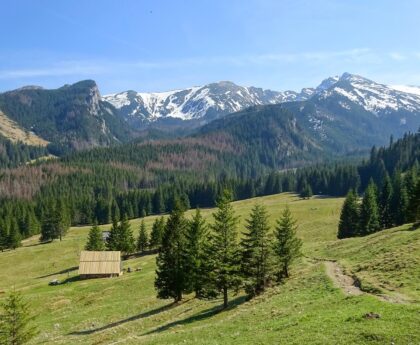Spain Grapples with Growing Anti-Tourism Sentiment as Protests Intensify
Madrid, April 25, 2025: Spain, a perennial favorite for international travelers drawn to its sun-drenched beaches, historic cities, and vibrant culture, is facing a growing wave of discontent from local residents. Anti-tourism protests are escalating across the country, fueled by concerns over rising living costs, environmental strain, and the perceived erosion of local identity.
From Whispers to Walkouts: What began as isolated incidents of graffiti and localized demonstrations has evolved into organized and increasingly disruptive protests in several popular tourist hotspots. Recent weeks have seen significant demonstrations in Barcelona, the Canary Islands, and Mallorca, with residents taking to the streets to voice their frustration. Protesters have staged marches, held banners with slogans like “Tourists Go Home” and “My Home Is Not Your Hotel,” and even blocked access to popular beaches and attractions.
Drivers of Discontent: Several factors are contributing to this growing anti-tourism sentiment. One key issue is the rising cost of living, particularly housing. Locals argue that the influx of tourists and the proliferation of short-term rentals through platforms like Airbnb are driving up property prices and making it unaffordable for them to live in their own communities.
Environmental concerns are another major catalyst. Residents point to the strain on local resources, such as water and waste management, caused by mass tourism. Overcrowding in natural parks and beaches is also a significant source of frustration, impacting the quality of life for locals and potentially damaging fragile ecosystems.
Furthermore, there’s a growing feeling that local culture and identity are being diluted to cater to the demands of tourists. Concerns are being raised about the proliferation of tourist-oriented businesses, the loss of traditional shops and services, and the overall “Disneyfication” of historic neighborhoods.
Regional Variations in Protest Intensity: The intensity of the protests varies across different regions. The Canary Islands, facing issues of water scarcity and environmental vulnerability, have witnessed some of the most vocal demonstrations. In Barcelona, a city long grappling with the impacts of mass tourism, protests have become a recurring feature, with activists calling for stricter regulations on tourist numbers and short-term rentals. Mallorca, another popular island destination, is also seeing increasing calls for sustainable tourism practices.
Government Response and Divided Opinions: The Spanish government and regional authorities are facing a delicate balancing act. While acknowledging the concerns of residents, they also recognize the significant contribution of tourism to the national economy. Tourism accounts for roughly 12% of Spain’s GDP and provides millions of jobs.
Government responses have been varied. Some local councils have introduced measures to curb the growth of tourist accommodations and regulate short-term rentals. There are ongoing discussions about implementing tourist taxes and promoting more sustainable forms of tourism. However, these measures have often been met with criticism from both sides – residents who feel they don’t go far enough and tourism industry stakeholders who fear negative impacts on their businesses.
Impact on Tourists and the Tourism Industry: The escalating protests are beginning to have a tangible impact on the tourist experience. Reports of disruptions, road blockages, and tense encounters are surfacing. While the vast majority of tourists continue to enjoy their visits without incident, the growing unrest could deter some travelers and damage Spain’s reputation as a welcoming destination.
The tourism industry is understandably concerned about the potential long-term consequences of the anti-tourism movement. Industry leaders are calling for dialogue and collaboration between residents, authorities, and tourism businesses to find sustainable solutions that address the concerns of local communities while preserving the economic benefits of tourism.
Looking Ahead: The anti-tourism protests in Spain highlight a growing global challenge – how to balance the economic benefits of tourism with the social and environmental well-being of local populations. Finding a sustainable path forward will require careful consideration, open dialogue, and a commitment to addressing the root causes of the current discontent. As the peak summer season approaches, the world will be watching to see how Spain navigates this complex and evolving situation.




